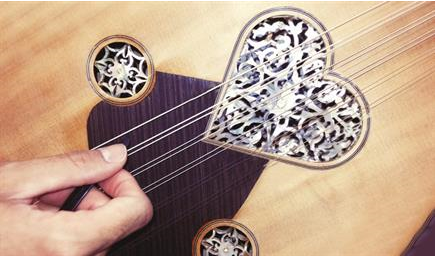Our Doctors
Meet all the doctors from Cleveland Clinic Abu Dhabi.
View Doctors
Find out what an arrhythmia is and the symptoms associated with it

When people are really excited or nervous they often say that their heart fluttered or skipped a beat. This sensation is also how people describe the feeling of heart palpitations, which can be a symptom of an arrhythmia. Arrhythmias are problems with the rate or rhythm of your heartbeat.
Other symptoms of an irregular heartbeat include:
The heart is a muscle. Electrical signals set the pace of your heart, causing it to contract in regular intervals. Arrhythmias happen when something interferes with that electrical signal, causing the heart to beat too fast (tachycardia), too slow (bradycardia), or irregularly. This can be caused by:
Your body relies on the heart to circulate blood, which brings oxygen and nutrients to organs and other tissues and carries away waste. Prolonged problems with this pumping action can cause blood clots, a heart attack, heart failure, cardiac arrest or stroke.
“Arrhythmias are not always serious,” explains Dr. Antonio Sorgente, of Cleveland Clinic Abu Dhabi’s Heart and Vascular Institute. “It is common to have one and not even be aware of it,” he says. “Often, doctors discover them when they take your pulse or listen to your heart.”
To investigate further, the doctor may complete an electrocardiogram (ECG or EKG), which shows the electrical impulses of the heart. Depending on the results, you may be referred to a specialist to determine what is causing the arrhythmia and whether or not it is serious. Other tests may be ordered including an ambulatory monitor, exercise stress tests, echocardiogram, tilt table test, cardiac catheterization and electrophysiology studies.
If treatment is necessary, which is not always the case, the doctor may recommend medications, invasive therapies (e.g. ablation), an implanted electrical device (e.g. implantable loop event recorder, pacemaker or defibrillators) or surgery.
Dr. Sorgente encourages patients to speak with their own doctor about the risks and benefits of any proposed treatment and choose what is best for them.
Once you know you have an arrhythmia, whether it requires treatment or not, it is important to be alert to any physical changes and to take good care of yourself.
Watch this video from our#AskCCAD series where our expert Heart and Vascular Institutephysicians answeryour questions on Arrhythmia.